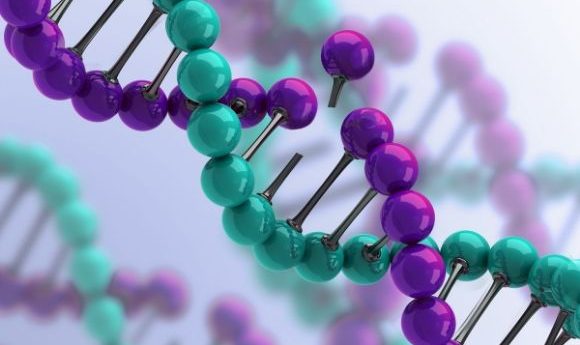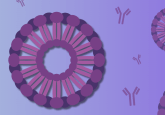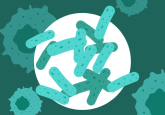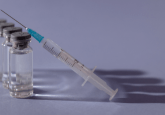Novel CRISPR/Cas9 nano-carrier shows promise for therapeutic applications

Recent advancements in CRISPR/Cas9 cell delivery technologies may lead to a cure for many genetic diseases through the utilization of lipid nanocarriers.
The concept of gene therapy has been at the forefront of medical research. However, to date, technology has not been able to provide a safe, efficacious way of replacing, inactivating or introducing new genes for clinical applications. Recently, a collaboration between the Chinese Academy of Sciences (Beijing, China) and Tufts University (MA, USA) has provided novel insights into the next generation of CRISPR/Cas9 technologies, overcoming many of the challenges genome editing has faced.
“There are many diseases that have long been interactable for which CRISPR therapies could offer new hope—for example, sickle cell disease, Duchenne muscular dystrophy, Huntington’s disease, and even many cancers,” the author Qiaobing Xu (Tufts University) explained.
-
Cas9 goes into stealth-mode
-
Expanding the reach of gene editing
-
Talking Tech News | Theo Roth on CRISPR, CAR-T and gene editing ethics
The CRISPR/Cas9 system has long been established in identifying gene function, however, due to the large size and low permeability of the molecules involved, targeted entry into the nucleus has been challenging. To overcome this, the research team identified a synthetic biodegradable lipid that is reported to safely encapsulate Cas9 encoding mRNA and ‘single guide’ RNA (sgRNA), acting as a nano-carrier, to deliver the contents directly into target cells. This lipid contains disulfide bonds that break upon cell entry, allowing simultaneous release of the contents into the cell where the Cas9 protein is translated from the mRNA, the protein can then anneal to the sgRNA for efficient trafficking into the nucleus. Ming Wang (Chinese Academy of Science), the co-corresponding author stated, “The lipid nanoparticles are one of the most efficient CRISPR/Cas9 carriers we have seen.”
To determine whether this novel lipid could work in clinical medicine, the researchers aimed to diminish PCSK9 function in mice. This gene, when inhibited, has been shown to reduce low-density lipoprotein resulting in a decreased risk of cardiovascular disease. “We can actually knock down PCSK9 expression in mice with 80 percent efficacy in the liver, suggesting a real promise for therapeutic applications,” Wang explained. Moreover, the research also reported an in vitro study with a 70 percent reduction in HeLa cell viability when using hpv18 targeted sgRNA.
Xu concluded, “We are just starting to see human clinical trials for CRISPR therapies…our hope is that this advance will take us another step toward making CRISPR an effective and practical approach to treatment.”





